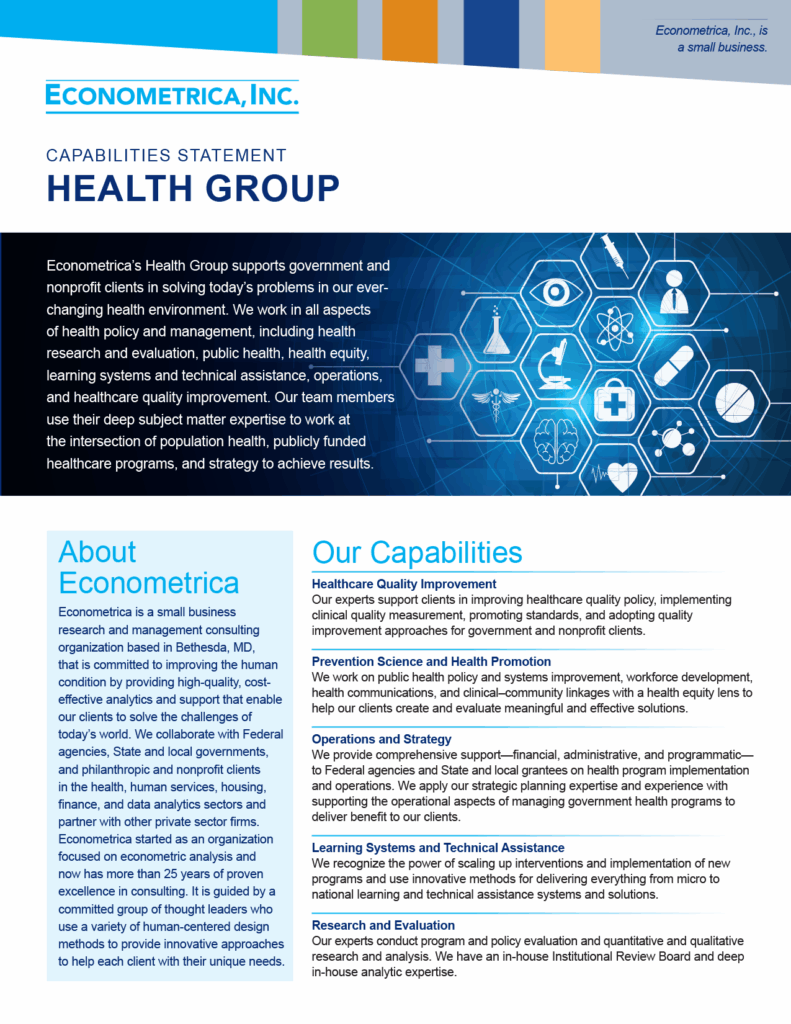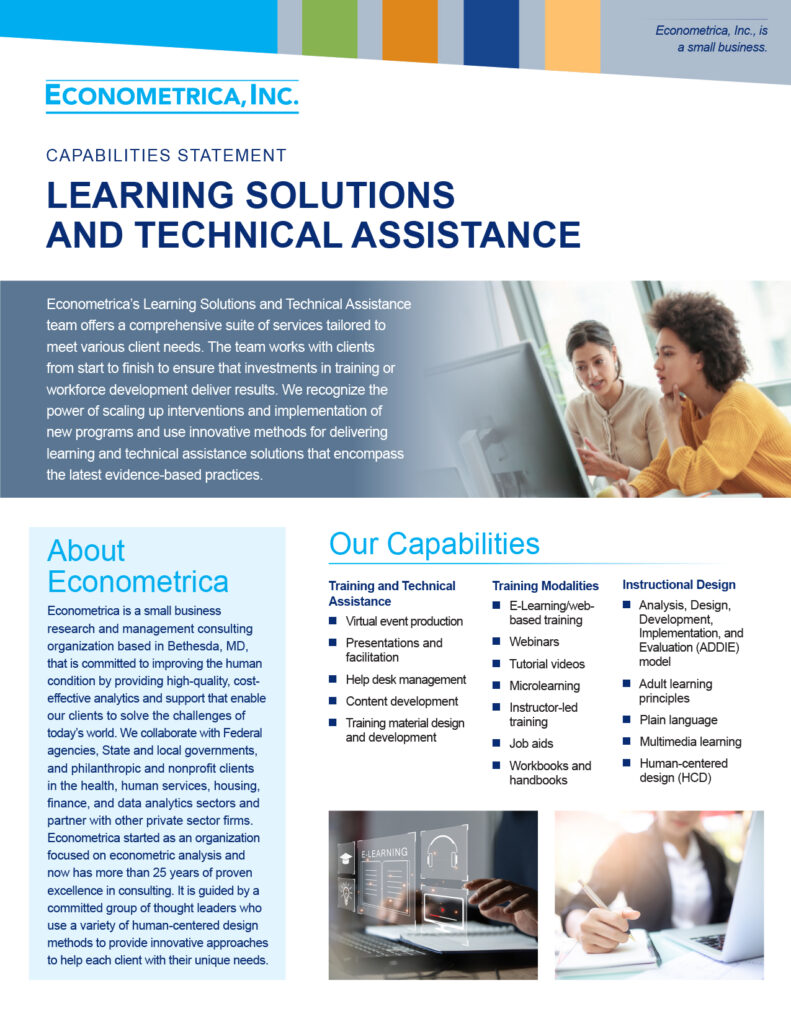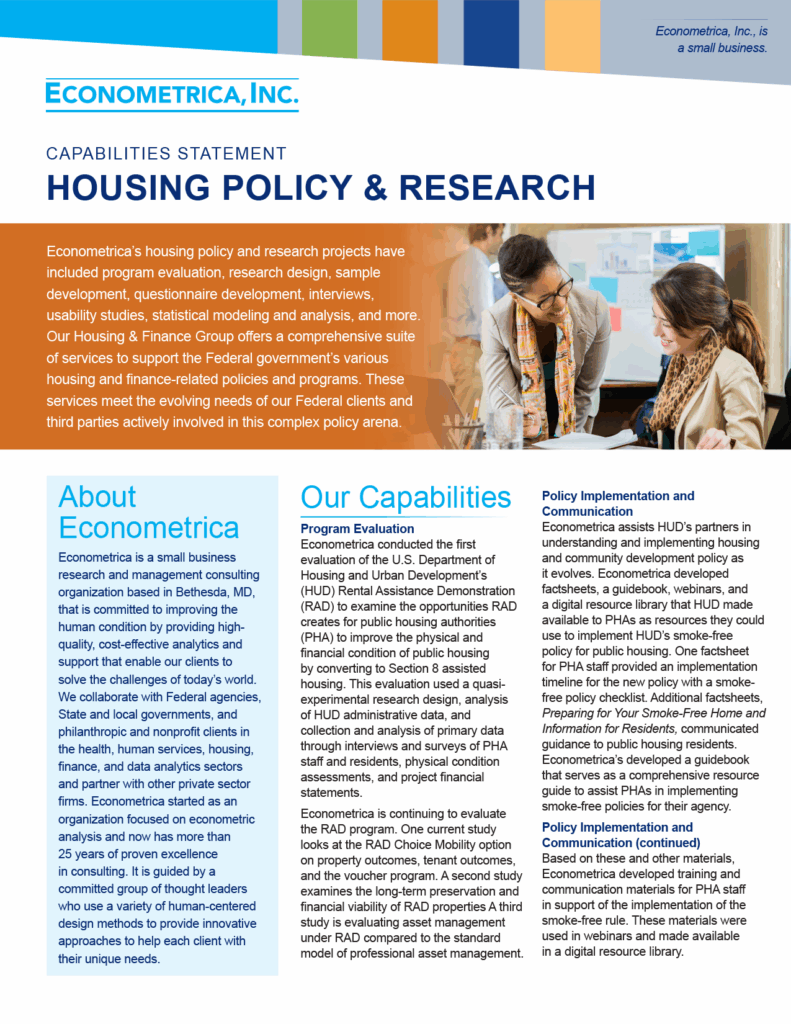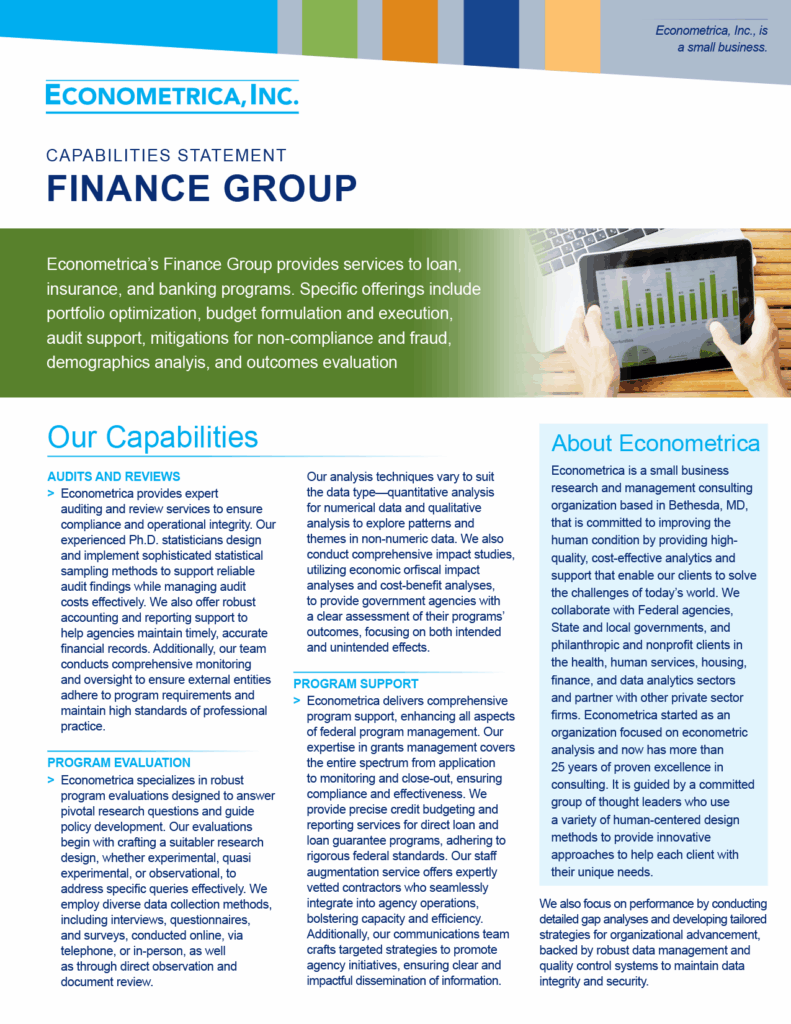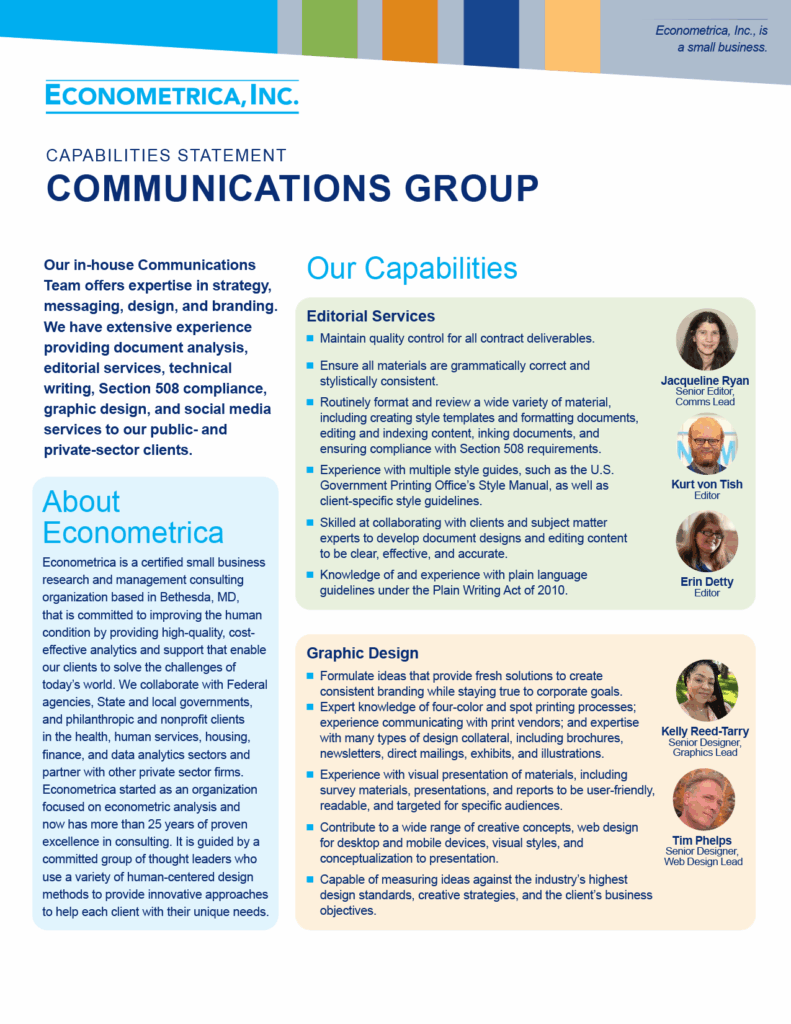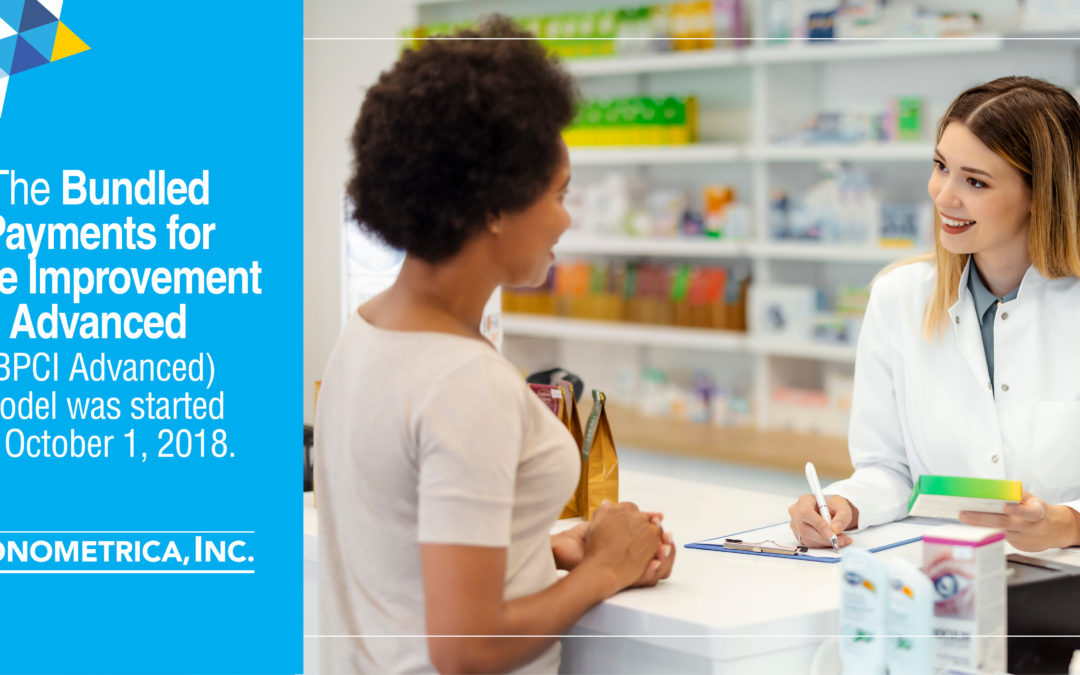
Bundled Payments for Care Improvement Advanced (BPCI Advanced) Model
Launched on October 1, 2018, the Bundled Payments for Care Improvement (BPCI) Advanced Model tests whether the linking of payment for a clinical episode may improve care quality while reducing Medicare price.
This month, the Centers for Medicare & Medicaid Services (CMS) announced a 2-year extension of the program, including a new opportunity for applications. Early in 2023, CMS plans to announce a request for application (RFA) to those eligible to participate in the extended years (2024–2025). For those participating in Model Year 6 and those who previously participated but are no longer active, there will be opportunity to apply for Model Year 7 (2024).
Other changes will be made to improve pricing methodology and encourage engagement among providers and suppliers, including:
- The CMS discount for medical clinical episodes will be reduced from 3% to 2%.
- The Peer Group Trend Factor Adjustment cap for all clinical episodes will be reduced from 10% to 5%.
- Major joint replacement of the upper extremity (MJRUE) will be made a multi-setting clinical episode similar to the major joint replacement for the lower extremity (MJRLE) clinical episode.
- Clinical episodes where beneficiaries are diagnosed with COVID-19 will no longer be excluded from the model.
As CMS continues to strive for better integration of primary and specialty care and cater to an increasingly complex population of beneficiaries, Econometrica is excited to continue our work supporting BPCI Advanced participants in understanding the model’s quality measure submission requirements and their performance in the model. To achieve equitable outcomes, integrated and coordinated care for beneficiaries is essential, and having a health system that is accountable, high-quality, affordable, and person-centered can help achieve that goal.
Please visit the following sites for detailed information on this topic:
Health Care Payment Learning and Action Network Summit on Nov. 9 and 10
Detailed Review for Model Extension and Changes for Model Year 6
Complete Fact Sheet for BPCI Advanced Model
More Detailed Information on BPCI Advanced
Work With Us, Work for Us
Econometrica, Inc., is a small business research and management consulting organization based in the greater Washington, DC, metropolitan area. We are committed to improving the human condition by providing high-quality, cost-effective analytics and support that enable our clients to solve the challenges of today’s world. We collaborate with Federal agencies, State and local governments, philanthropic and nonprofit clients, and private-sector partners in the public health, healthcare, data analytics, housing, and finance sectors.
To work with us on your next project, visit us online or email us at Info@EconometricaInc.com. To explore the benefits of working for us, visit our careers page. Follow us on LinkedIn, X, Facebook, and Instagram.

